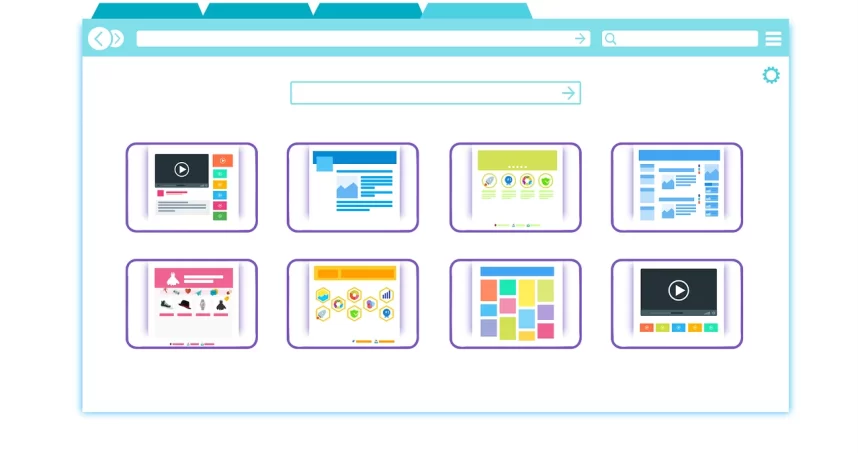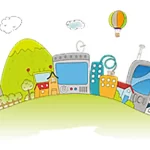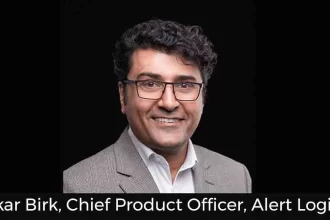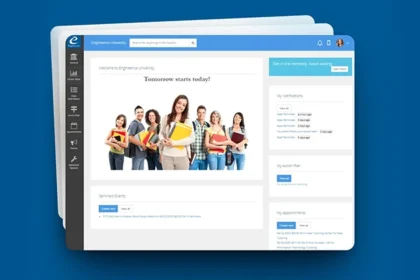The Internet of Things (IoT) is the term used to refer to the incorporation of internet access within everyday devices and appliances, which traditionally did not have these capabilities. Examples of these devices may range from thermostats and energy meters to cars and large machines. Substantially, it can transform specific devices or appliances into ‘smart’ objects that can send and receive data as well as interact with one another. This will boost data collection, increase automation levels, and allow multiple devices, such as a phone or tablet, to be managed or monitored from a centralized location.
How can the Hospitality Industry Reap the benefits of IoT?
Many within the hospitality industry have already integrated the IoT into their companies because the technology provides a range of crucial advantages that are especially important to hotels. Such benefits vary from helping companies to save on energy costs to improved customer service. In terms of the latter, IoT technology helps hotel owners to improve their hotel conditions, provide visitors with a more customized experience, and reduce waiting times. Automation and real-time data in terms of activities may help businesses detect issues sooner and could even avoid any problems from ever happening.
Interpretations of IoT in the Hospitality Business
- Hyper-Personalized Hotel Rooms: The primary use of IoT in hospitality management has so far focused on hyper-personalization. For example, Hilton and Marriott have experimented with a slightly different take on the idea of ‘connected space,’ where users can access many of the features of the room from their mobile phone or a tablet is given. It could allow visitors to monitor the heating, ventilation, and air conditioning systems from one location, or even simply designate a temperature and allow the different devices to change the room to that temperature automatically. Usually, it will also enable them to monitor TV, while some apps may even greet them by name.
- Place-based Information: Bluetooth, GPS, and sensor technologies have all opened up new possibilities for the distribution of location-based information, and this can be used by businesses in the hotel and hospitality industry to deliver messages to customers at the exact time that are most important to the recipient. For example, this could mean sending SMS messages about menu items at the restaurant when visitors are nearby or advertising gym services when they are close to the gym. This can also include submitting up-to-date information on local or regional attractions. Enterprises may also use location data to improve staffing levels.
- Predictive Maintenance & Repairs: Another possible application of IoT in the hotel industry includes supplying hotel workers with up-to-the-second information on the operating status of different equipment and appliances and alerting those workers to any warning signs that could suggest degradation or irregular results. The primary advantage of this is that it allows repairs to be made, or replacements to be installed until the system or equipment stops working entirely. It can be invaluable when dealing with critical equipment without which the hotel is unable to work, and can allow repairs to occur before any significant function failure.
- Electronic Key Cards: Hotels have previously relied on physical key cards or even actual keys to access hotel rooms, but the IoT opens new possibilities for delivering digital or electronic vital cards directly to mobile phones for guests. This will then connect with the door lock, open it, and delete the need for a separate key. The technology’s potential can go much further as well. Hotels might use internet communication technology to automatically transfer the electronic key to a guest’s phone an hour before check-in time, synchronize the door with the check-in desk and allow guests to entirely bypass the check-in desk and go straight to the bed.
- Customer Operated Voice Service: The first approach in terms of how it will help everyone in the hospitality industry is by providing a superior customer experience. For example, voice-controlled room assistants can allow clients to order room service, book a table at the hotel restaurant, or book spa sessions by merely talking to a computer in their room. Eventually, hotel companies such as Best Western, Marriott, and Wynn were among the early adopters of voice-controlled customer service, and this is a field that is expected to grow significantly in the next five years, as products such as Amazon Echo are more widely accepted within the home community.










